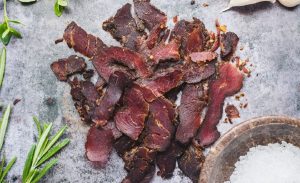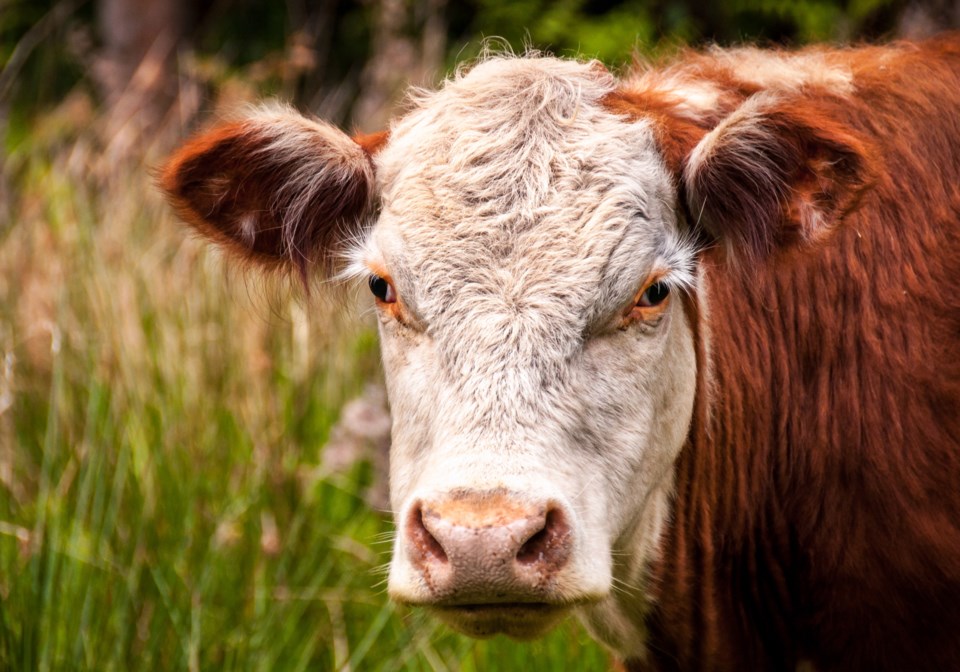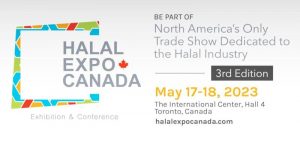More Alberta beef producers are chasing halal certification as Canada’s Muslim population continues its rapid growth.
Conservative estimates put the global Muslim population at around 1.8 billion. By 2030, that number is expected to hit 2.2 billion — about one-quarter of the Earth’s population. Canada’s Muslim population hit one million in 2011, and is expected to triple to three million by 2030.
The Canadian halal market is worth $1 billion annually, and climbing.
Alberta’s Department of Agriculture started paying close attention to halal economic opportunities at least 15 years ago. It has now become a major focus.
Grant Winton heads up the department’s Asia, Middle East and Africa international relations division.
He calls the halal industry “one of the biggest opportunities open to Alberta producers and processors.”
Alberta produces 75 per cent of the nation’s steaks, so the obvious area of economic expansion is beef.

In May in Redwater, a small town about 50 km north of Edmonton, three business partners opened Northern Alberta’s only exclusively halal slaughterhouse. They deal with beef, elk, goat, lamb and bison. No pork products, forbidden in Islam, come through their door.
Alberta Bros. Meat Packers is strictly local for now, but the trio wants to eventually qualify as a federal plant and break into the export market.
Co-owner Huzefa Khan knows exclusive halal is a niche market, but said it’s important to his community that there’s no risk of cross-contamination from pork carcasses.
With a background in oil and gas, Khan also figures the halal industry is markedly more recession-proof, “because people gotta eat.”
“We also feel proud of this work — of pushing and promoting local. Small businesses like the idea they can support local, support the economy and get quality Alberta meat,” he said.
Last year, the agriculture department hosted two information sessions at Edmonton International Airport to outline halal opportunities. Around 100 producers showed up to each event.
Winton says there has been a distinct uptick in the number of Alberta beef producers making the switch to halal-compliant, which involves meeting numerous conditions spelled out in Islamic law.
The major hurdle is cost, though it’s tempered by the fact slaughter is similar to traditional processing. Halal plants must also comply with Alberta regulations.
“Alberta producers and processors are business people who want to sell their product. There are huge halal consumer markets around the world, and we want to access them,” Winton said.
“This is the best-kept secret that anyone who’s doing well would probably like to keep to themselves.”
Beyond beef
Aside from beef, Winton says innumerable opportunities exist for spinoff products. Take gelatin, for example, traditionally made from pork. Start manufacturing beef gelatin and you’ve got a global market at your fingertips.
Imad Kaddoura runs the non-profit Awqaf Foundation.
There were only two halal butchers when he settled in Edmonton with his wife 23 years ago. Today, that number is closer to 25. Even mainstream supermarkets like Superstore stock halal goods, and online rating site Yelp contains a whole section for halal restaurants popping up in the city.
At a recent Economic Futures legislature committee meeting, Kaddoura went beyond food — halal pharmaceuticals, cosmetics, candy, even tourism is an opportunity, he told the committee.
Kaddoura isn’t just hopeful more Alberta producers embrace the burgeoning market — he’s confident they will.
After all, he said, it’s a simple matter of economics.
“Whenever there’s a huge demand for certain products or industry, suppliers step in to satisfy that demand. My optimism stems from that,” he said.
“If Alberta embraces this — and they will — then … you have a booming industry.”



